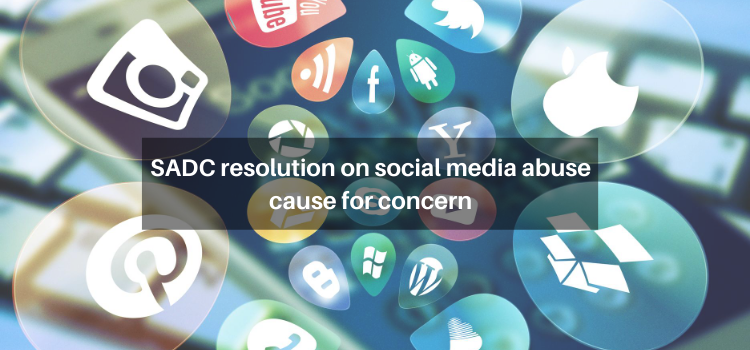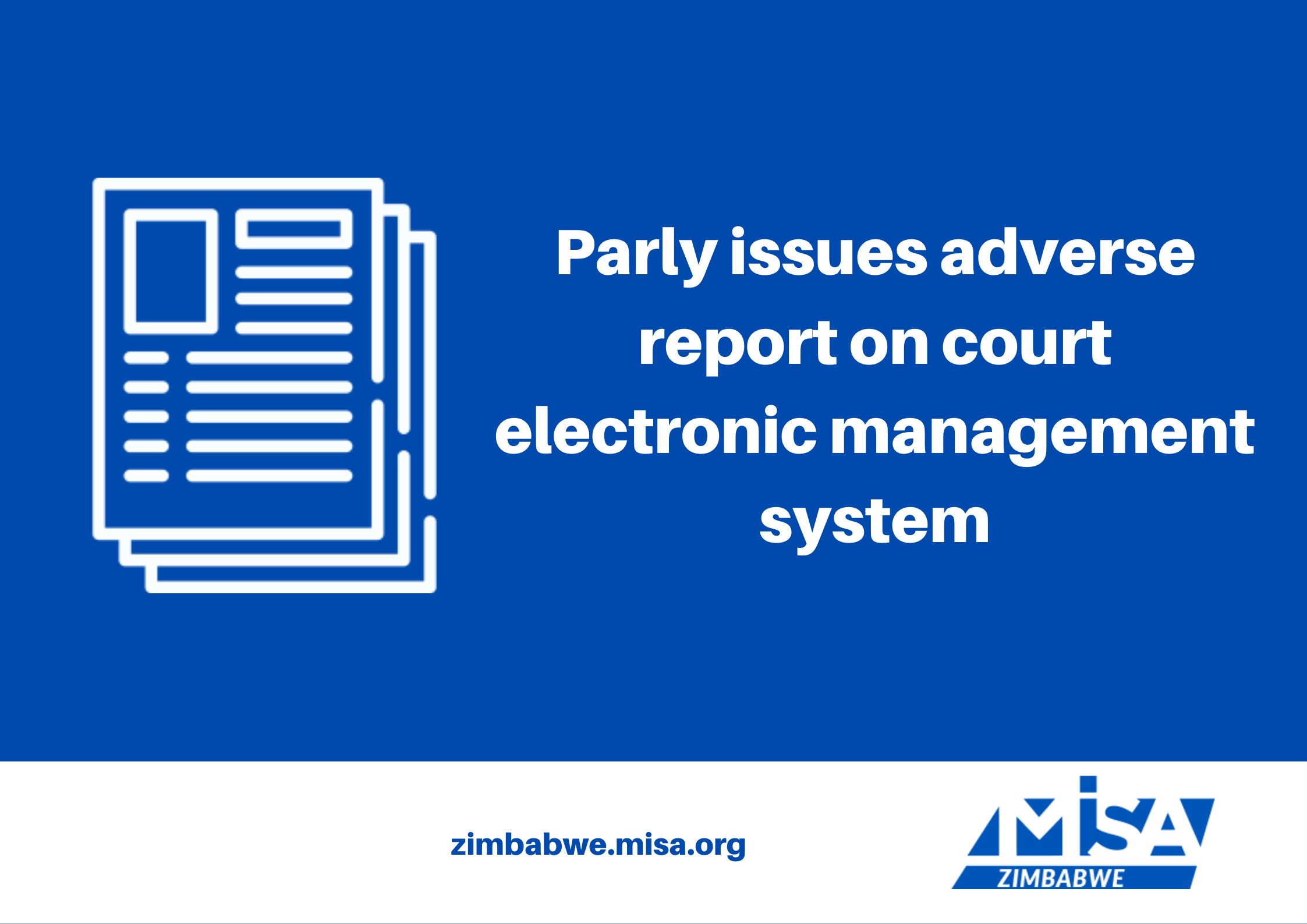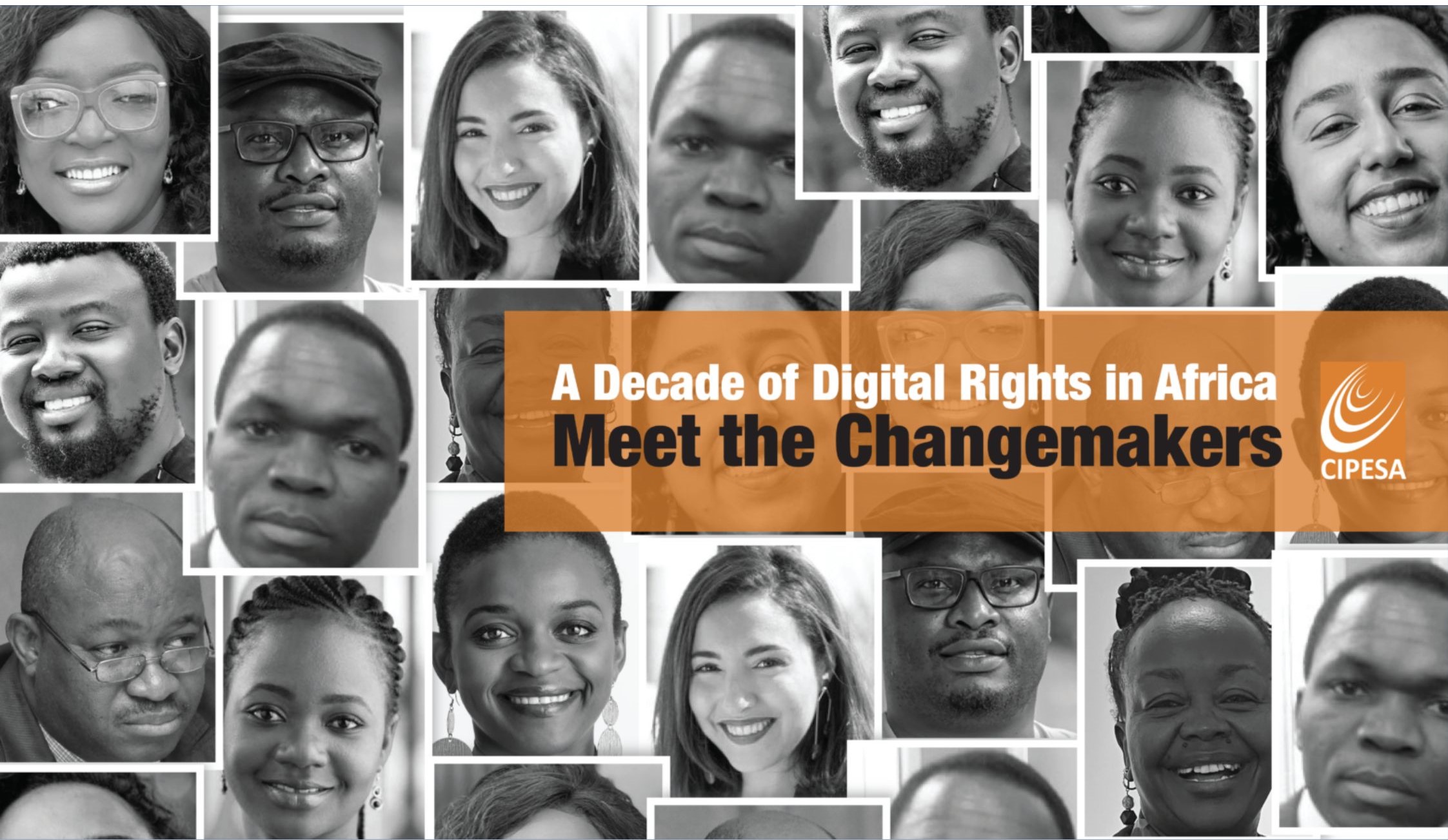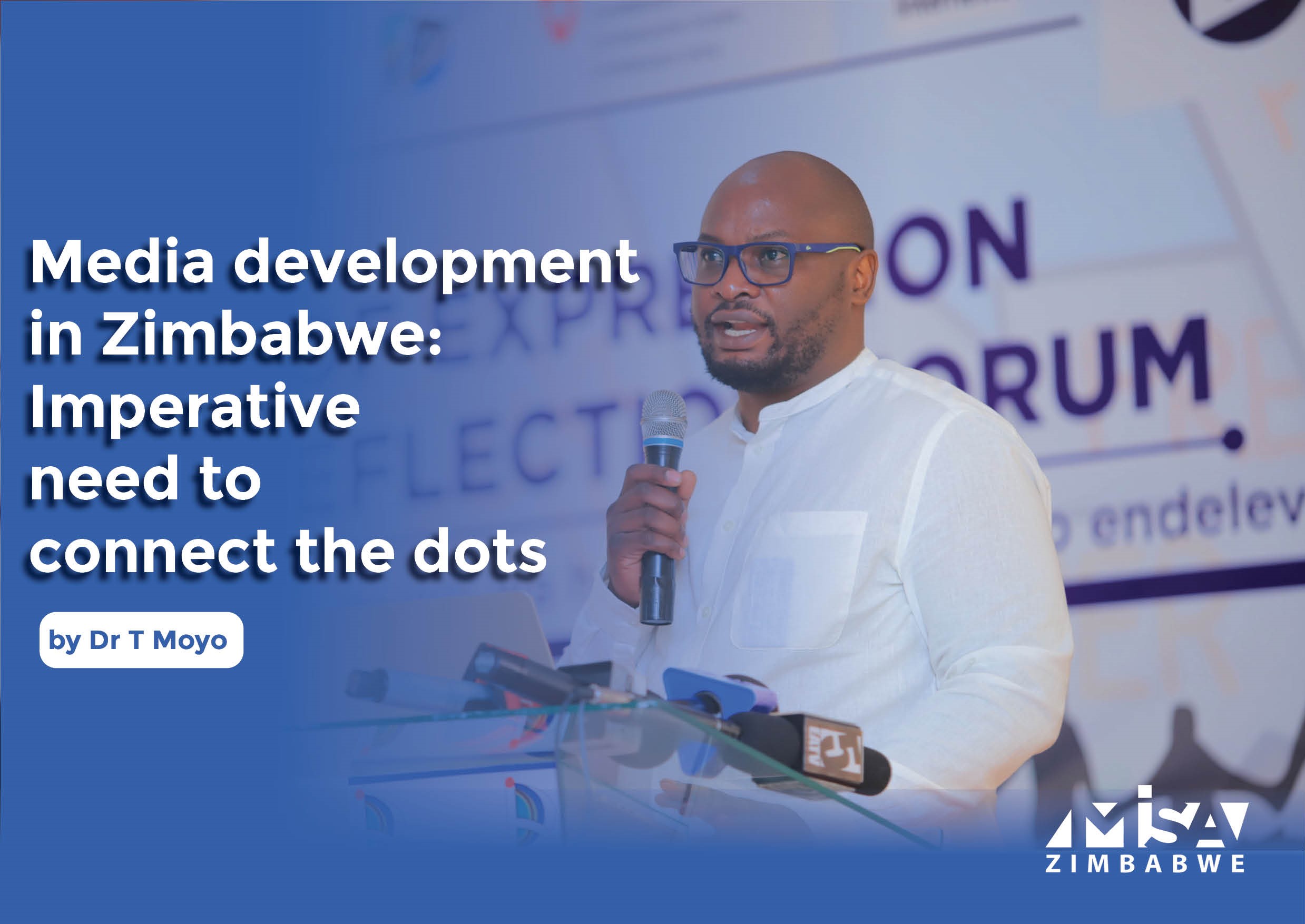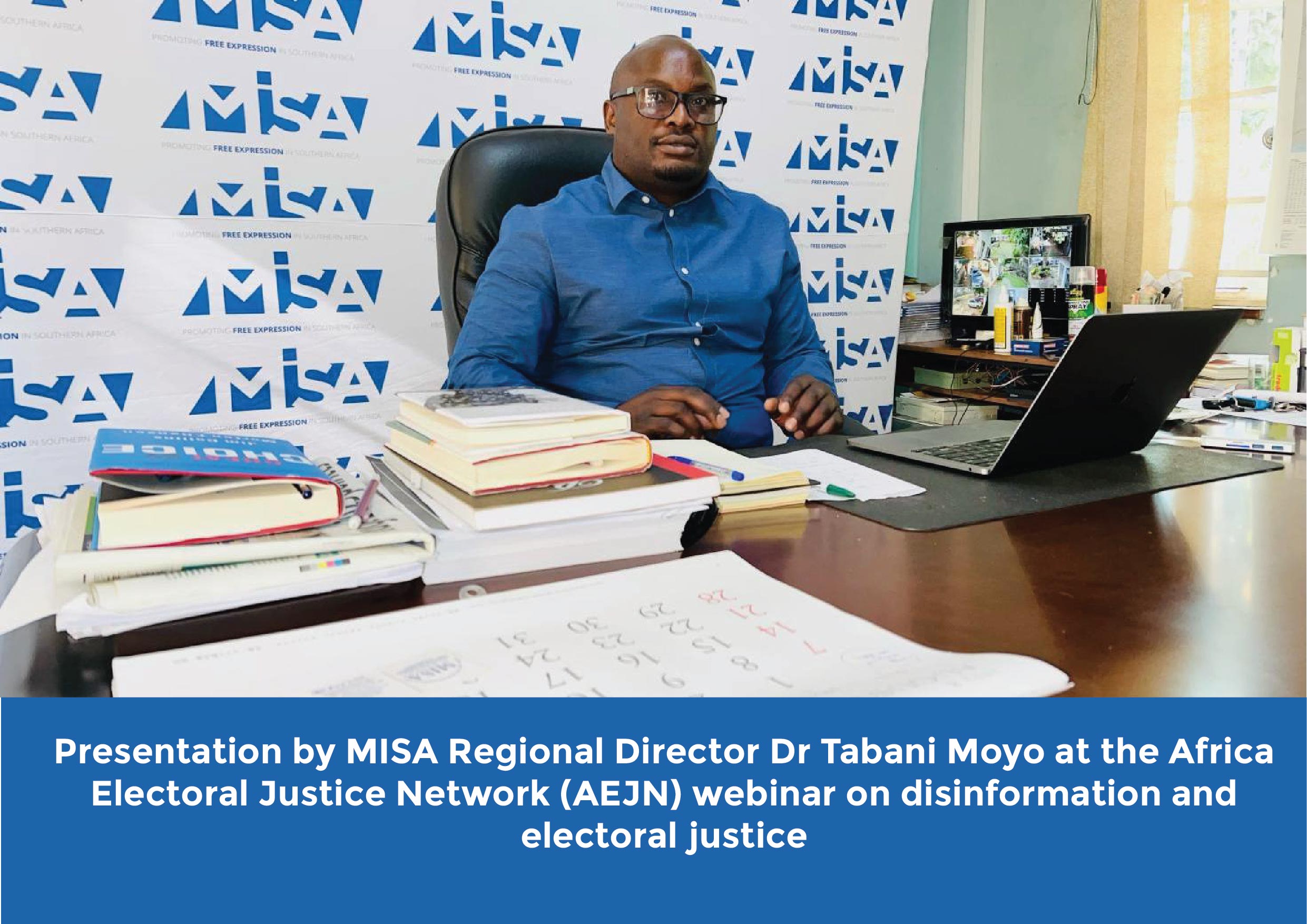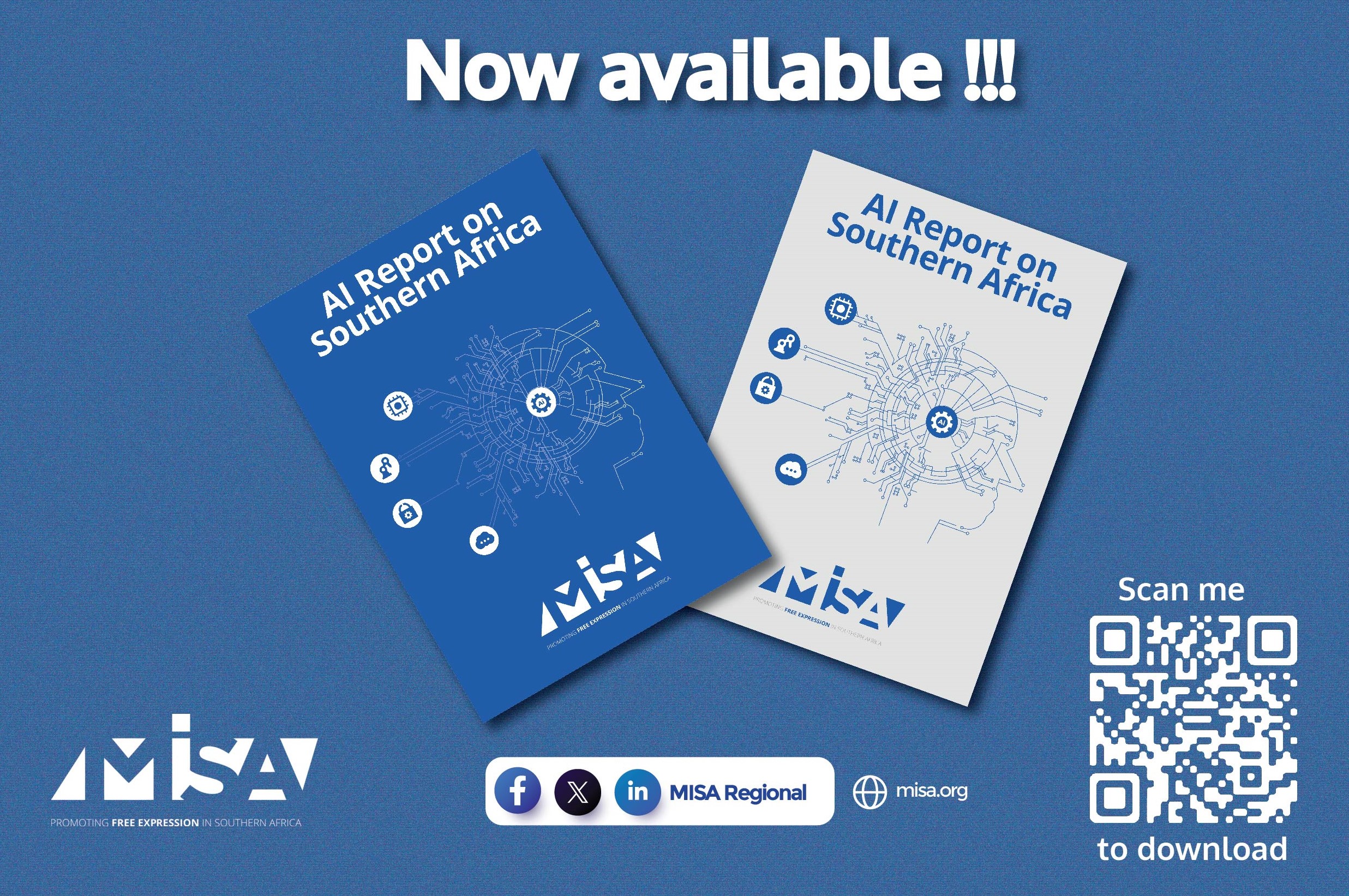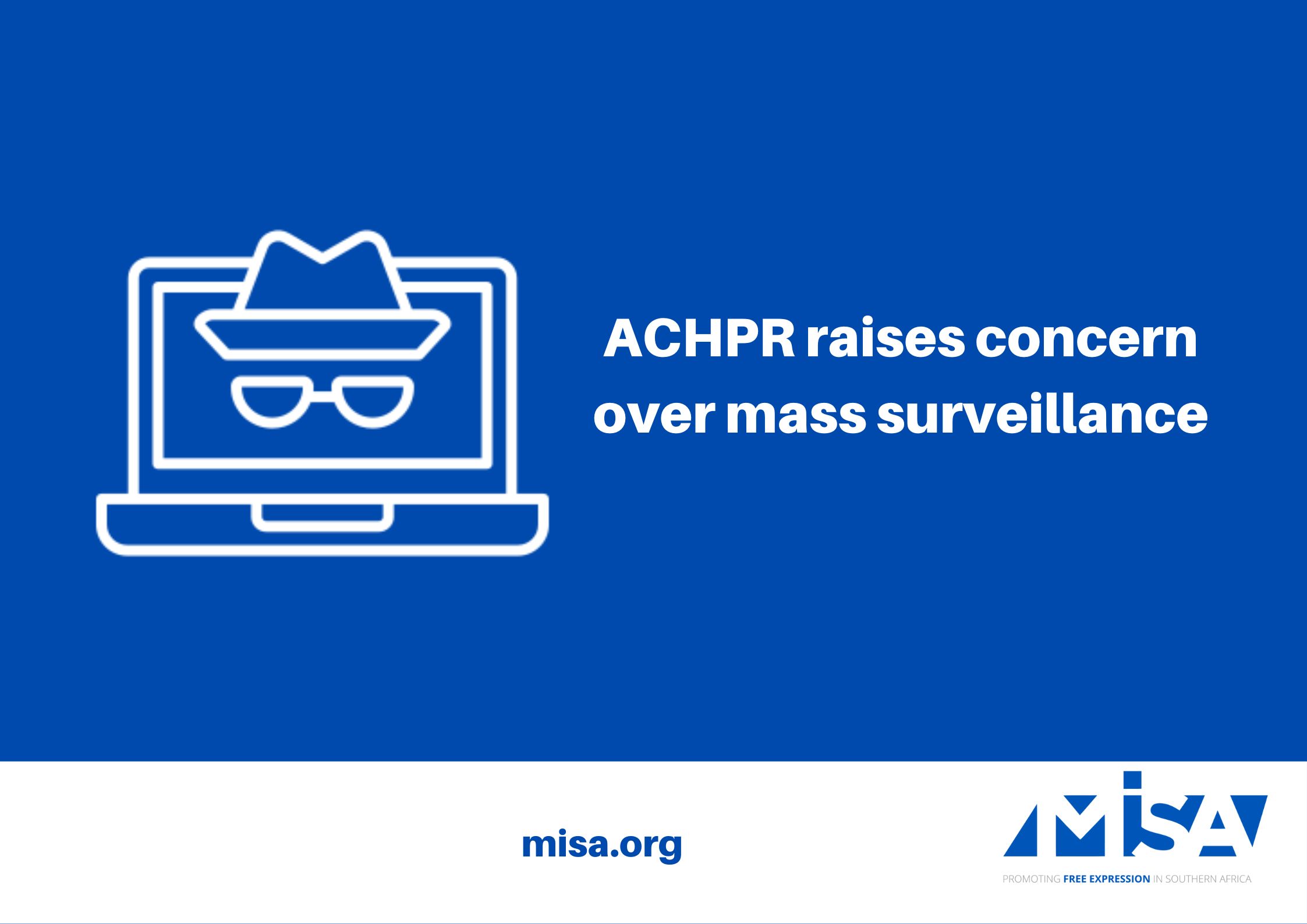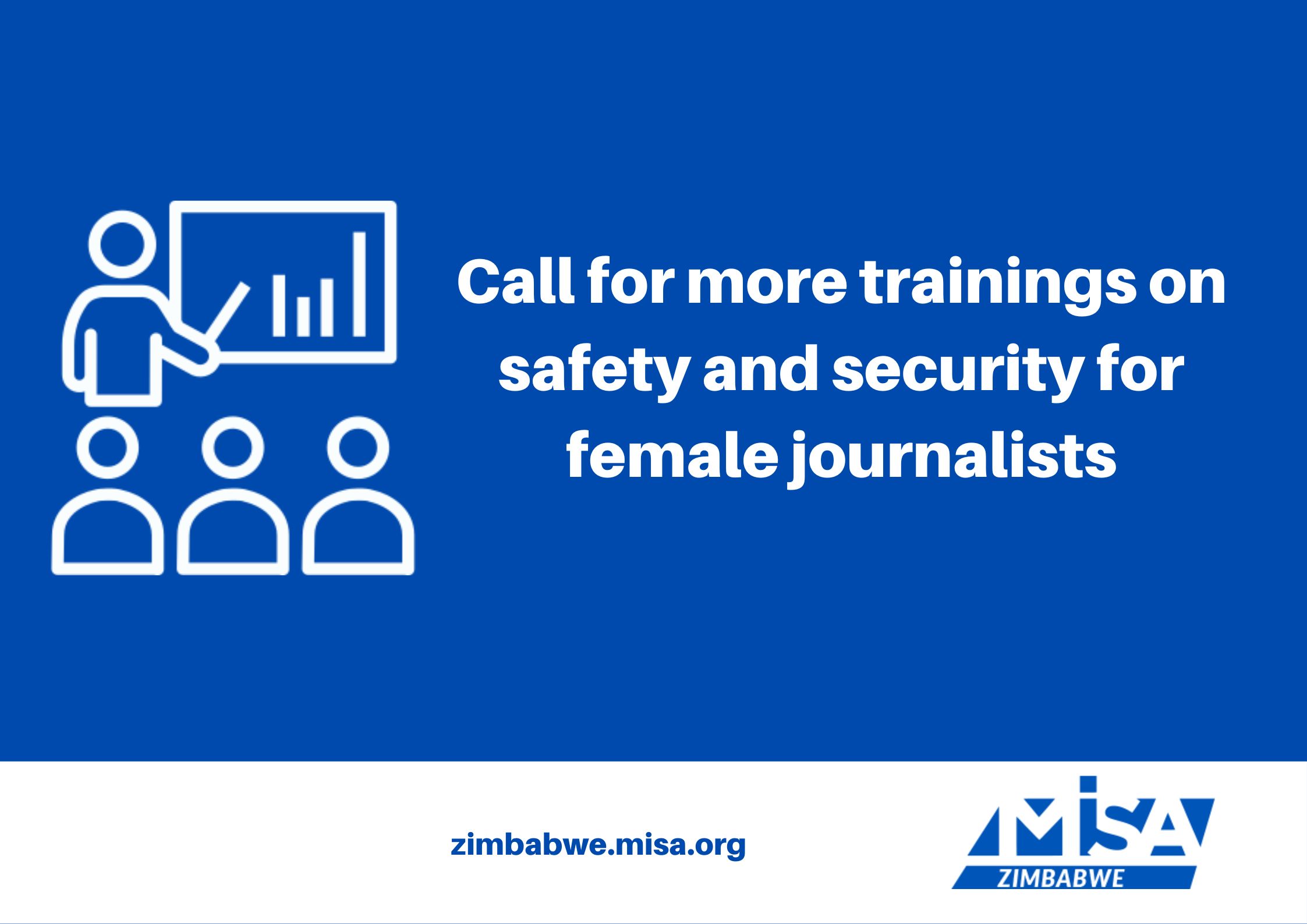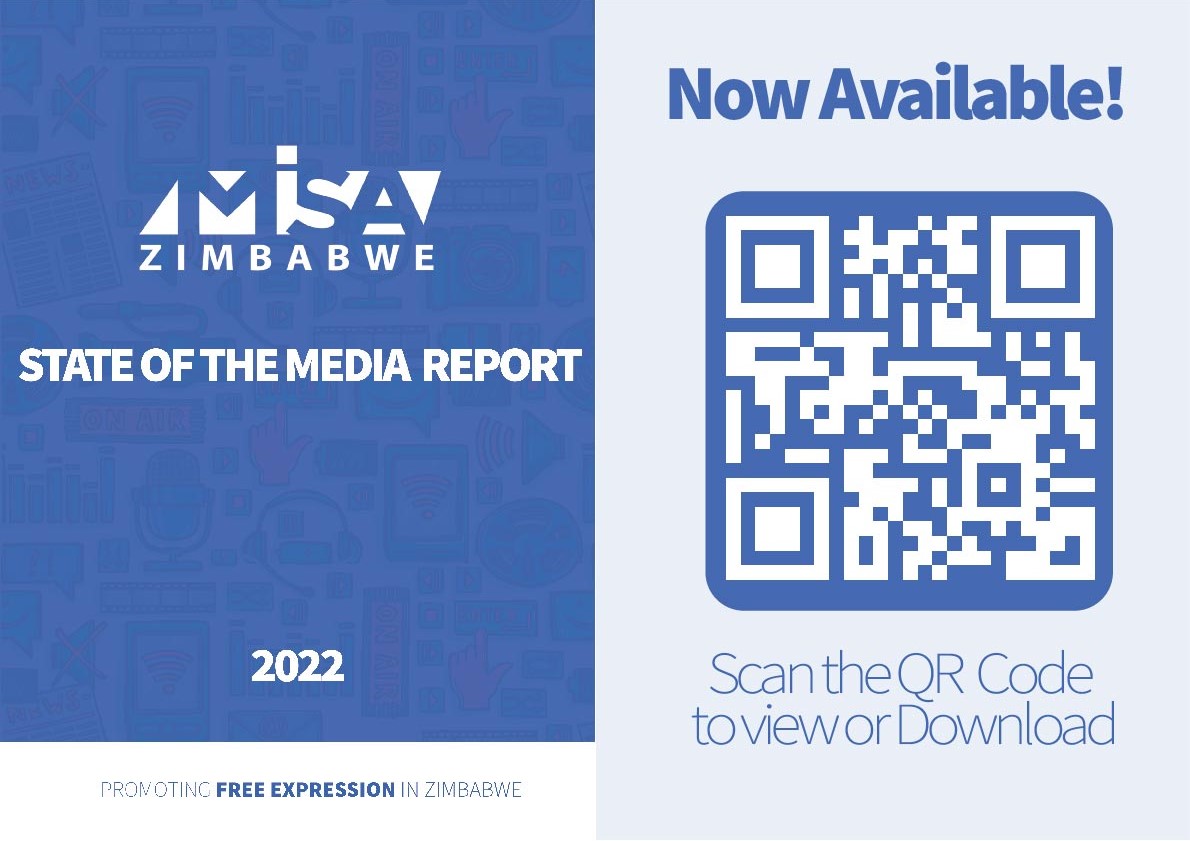Southern African Development Community (SADC) Heads of State and Government at the end of their recent Ordinary Summit resolved to take pre-emptive measures against external interference, the impact of fake news and abuse of social media particularly in electoral processes.
While there is need to curb the spread of fake news, the resolution is worrying, as a number of countries in the Southern African region have used such laws as a pretext to clamp down on freedom of expression and of the media.
Tanzania has taken the lead in clamping down on freedom of the media and of expression under the guise of curbing fake news and abuse of social media.
A number of people have also been arrested and charged in countries such as Zimbabwe and Botswana on allegations of either abusing social media or spreading fake news.
In this regard, the resolution by the SADC leaders is chilling and ominous, as it could spell the onset of tighter restrictions on freedom of the media and freedom of expression.
It is MISA Zimbabwe’s well-considered view that regional governments should not be occupied with regulating fake news, but should rather work with civil society and citizens in coming up with an inclusive process of combating the spread of misinformation.
Such collaboration should include awareness campaigns and fact-checking processes that help educate the public, rather than coming up with punitive measures that are likely to stifle freedom of expression and of the media.
Furthermore, the definition of “social media abuse” is worrisome, as it could be broad and vague, with its intentions being to stifle online activism and criticism of governments.
Before coming up with such measures, SADC leaders should be mindful of the African Declaration on Internet Rights and Freedoms, which stipulate: Everyone has the right to use the Internet and digital technologies in relation to freedom of assembly and association, including through social networks and platforms.
The pre-emptive measures the SADC leaders may take, should not contravene media freedom and freedom of expression statutes already catered for in the countries’ respective constitutions.
The measures should also be in line with the African Union (AU) protocols and instruments such as the African Charter on Human and Peoples Rights (ACHPR).
MISA Zimbabwe Regional Communiqué




